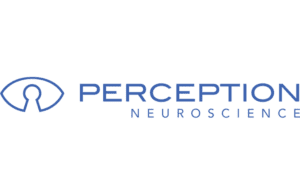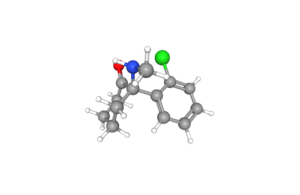 Mental health–focused biopharma Atai Life Sciences (Nasdaq:ATAI) recently completed enrollment in a Phase 2a study of PCN-101 (r-ketamine) for treatment-resistant depression.
Mental health–focused biopharma Atai Life Sciences (Nasdaq:ATAI) recently completed enrollment in a Phase 2a study of PCN-101 (r-ketamine) for treatment-resistant depression.
The company’s Perception Neuroscience division expects top-line results from the trial before the end of 2022.
R-ketamine is an enantiomer of ketamine. Conversely, racemic ketamine is composed of equal amounts of s-ketamine and r-ketamine. We included r-ketamine in our list of emerging antidepressants.
Johnson & Johnson (NYSE:JNJ) has achieved intellectual property protection for S-ketamine and, in 2019, won FDA approval for s-ketamine for treatment-resistant depression.
The company notes that PCN-101 could be a potentially rapid-acting therapeutic for treatment-resistant depression (TRD) that can be administered at home.

[R-ketamine image courtesy of PubChem]
“We anticipate this therapy to be administered in an at-home unsupervised setting — a major point of differentiation from current therapies,” said Dr. Srinivas Rao, the chief scientific officer at Atai Life Sciences, in the company’s 2022 R&D Investor Day.
The Phase 2a study of PCN-101 will assess the safety, tolerability and efficacy of a single administration of intravenous r-ketamine in patients with TRD.
Like many depression studies, the Phase 2a study will use the Montgomery-Asberg Depression Rating Scale (MADRS) to measure patients’ symptoms. It will measure symptoms in intervals over 14 days. The primary endpoint will be the change in MADRS score at 24 hours post-dose.
Racemic ketamine was the first drug to demonstrate rapid-onset antidepressant activity in a clinical trial.
A 2015 preclinical study in Nature found that r-ketamine appeared superior to s-ketamine in the social defeat stress and learned helplessness models of depression.
“Importantly, r-ketamine lacks abuse liability at therapeutic doses as measured by conditioned place preference (CPP, a standard rodent model of drug preference,” Rao said.
Perception Neuroscience expects to dose the last patient in the Phase 2a study this week, enrolling approximately 100 patients.
FDA approved J&J’s Spravato (s-ketamine) with the stipulation that it is administered in a clinical setting with at least two hours of monitoring post-administration.
Spravato is administered as a nasal spray.
Atai is also planning on developing a subcutaneous version of s-ketamine. That version will be the subject of a forthcoming Phase 1 study.
ATAI shares increased by 4.50% to $3.02.